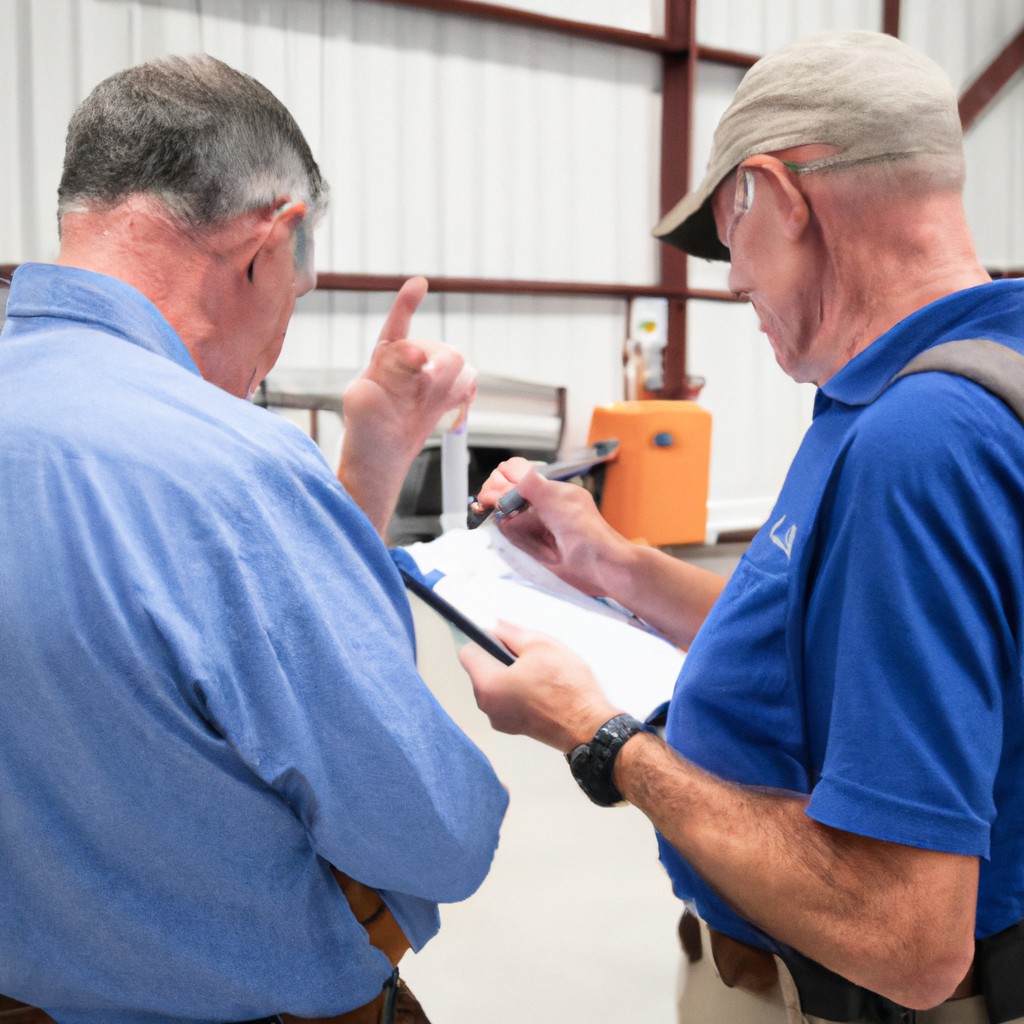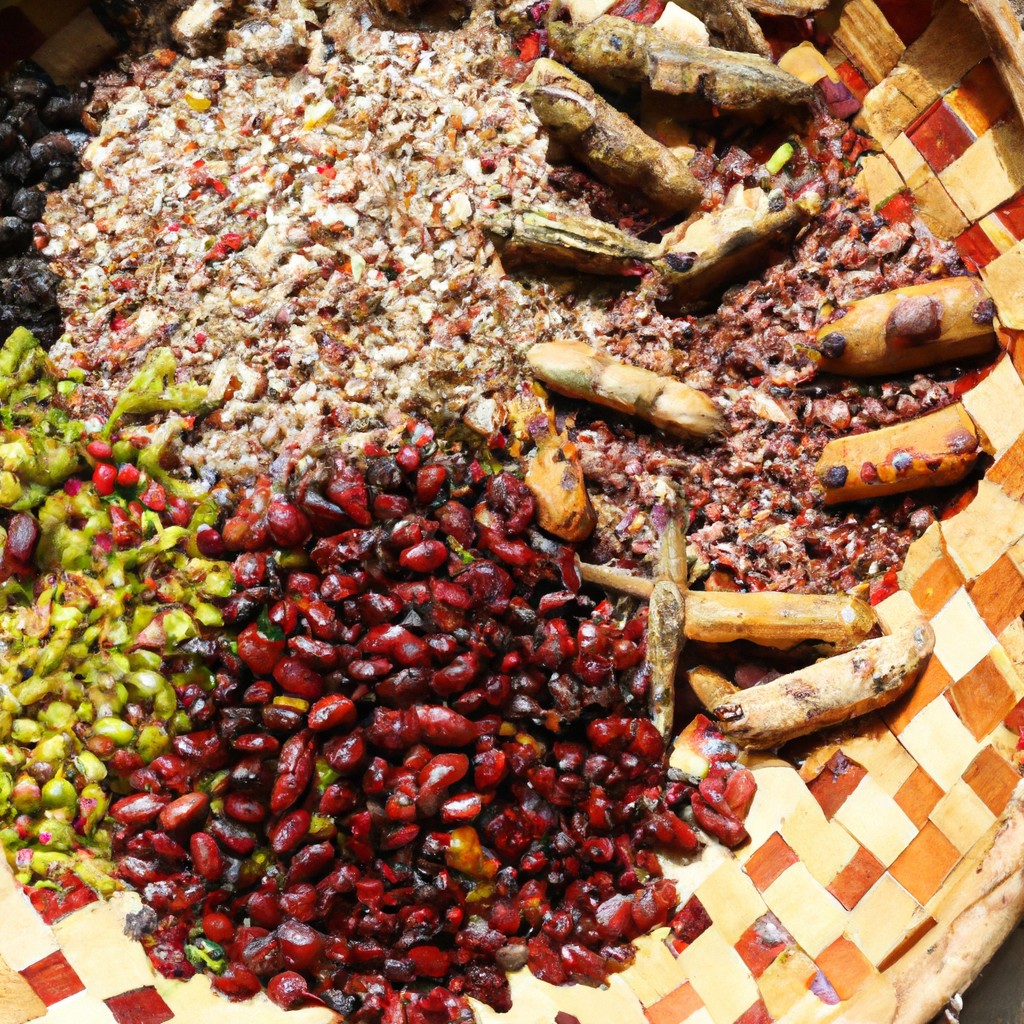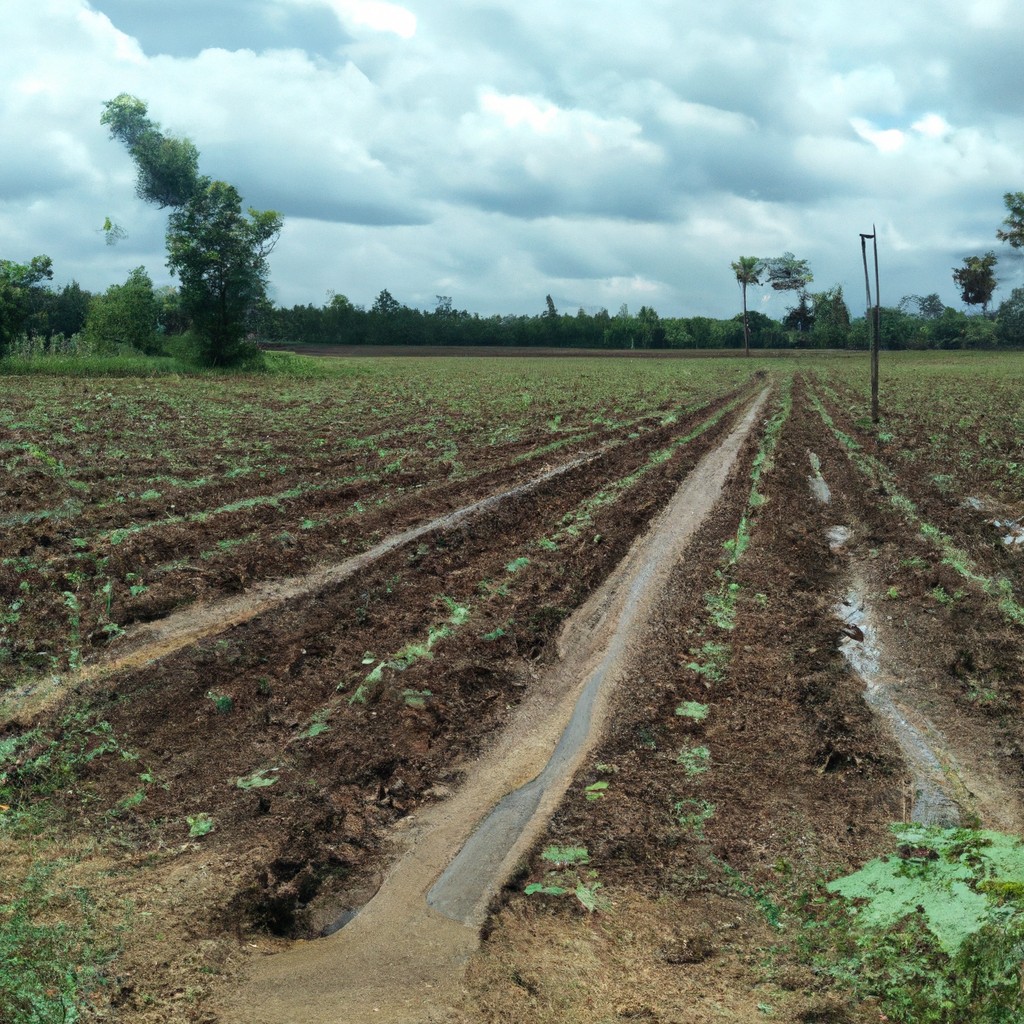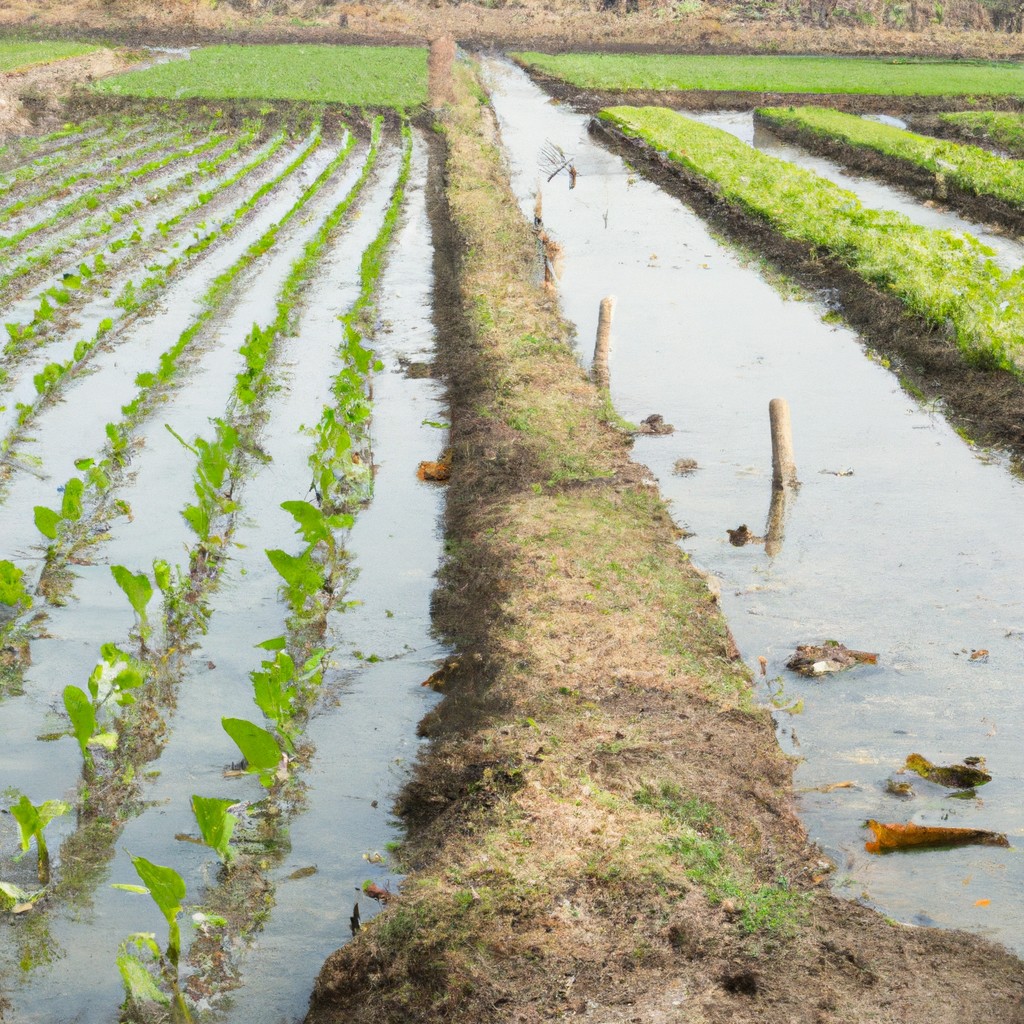Curious about what an agriculture major entails and its potential career paths?
Look Inside:
Agronomy
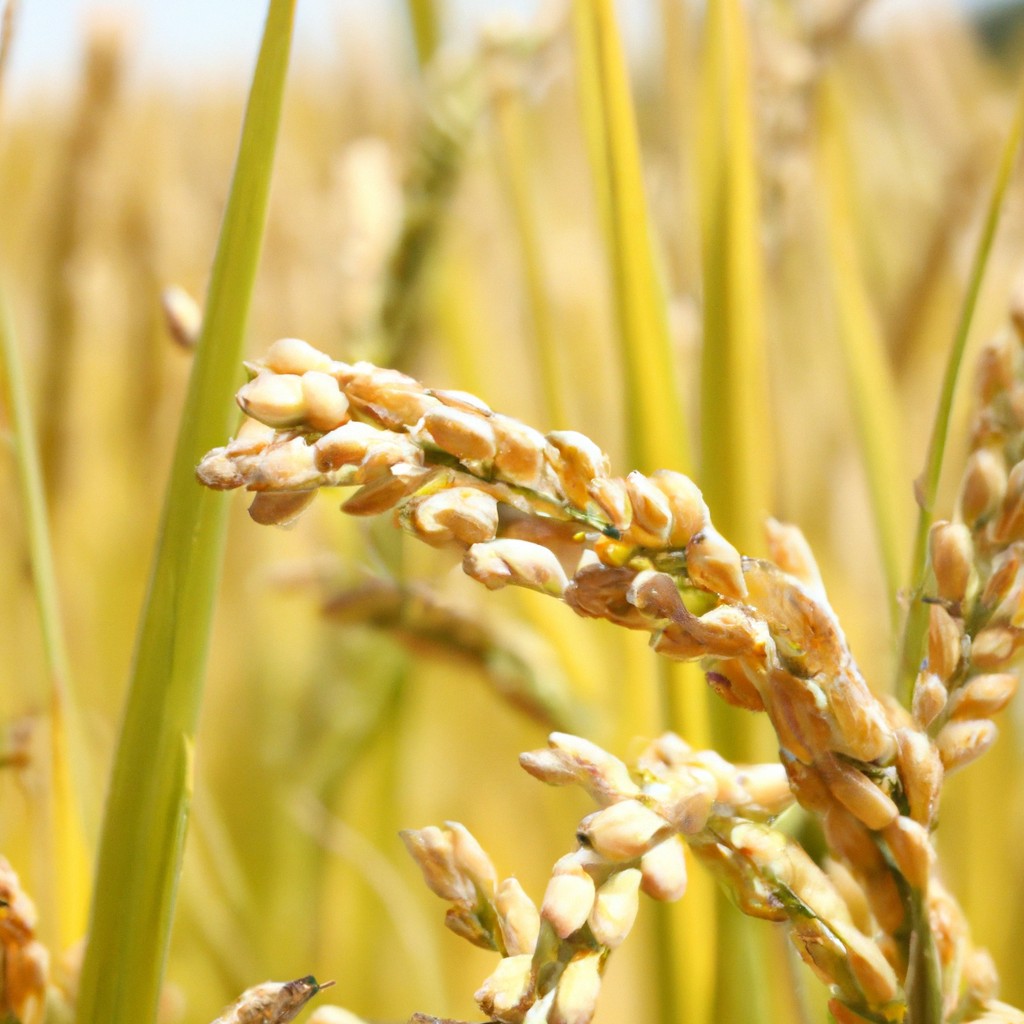
This field focuses on soil and crop science, helping farmers grow food more efficiently and sustainably. Picture a farmer learning to read their soil like a sci-fi novel – understanding its quirks and characters! That’s agronomy for you.
From soil chemistry to plant genetics, students dive into the nitty-gritty of what makes plants tick. They learn how to boost crop yields without turning Mother Nature into a grumpy neighbor.
Picture this: crop rotations, cover crops, and precision agriculture. Forever hearing about the importance of balance. Too many nutrients? Sizzle. Too few? Fizzle. Agronomy teaches how to keep that Goldilocks zone for soil just right.
It’s not just about fieldwork, though. There’s lab work, data analysis, and even some tech wizardry involving drones and satellites to monitor crops. It’s a mix of hands-on experience and digital know-how.
Program Learning Outcomes
You’ll dive deep into soil science, pest management, and crop production. But wait, there’s more. Embrace the marvels of agricultural economics and environmental sustainability, too. Learning outcomes of your studies include:
- Understanding the intricacies of plant biology.
- Developing skills in data analysis and interpretation.
- Mastering sustainable farming practices, because who wants to harm the Earth, right?
- Solving real-world agricultural problems, MacGyver style.
- Collaborating with fellow students on projects, a bit like The Avengers, but with more dirt.
By the end of it, you’ll be as skilled as a Swiss Army knife, ready to tackle the challenges of modern farming with a smile. And maybe some overalls.
Undergraduate Research Experiences
Imagine playing detective but with plants and soil – that’s what undergraduate research is all about. It’s a golden opportunity to get your hands dirty, figuratively and literally. Here’s the scoop:
You dive into fascinating projects that could range from soil health to crop genetics.
Work elbow-to-elbow with professors who are basically rock stars in the world of agriculture.
Access lab equipment that makes you feel like you’re in a sci-fi movie, minus the aliens.
Publish your findings. Yes, you might just end up in a fancy journal before you even graduate.
Boost your resume with real-world problem-solving skills that’ll make future employers do a double-take.
In a nutshell, it’s a chance to turn classroom knowledge into tangible, impactful research. Plus, you get to rock those lab goggles.
Internships
Picture this: you, on a farm, dodging a feisty rooster while learning the ropes of sustainable agriculture. Sounds like fun, right? Internships provide just that—and so much more.
Students can choose from a range of opportunities, from working on organic farms to joining research projects focused on regenerative practices. These experiences are like a backstage pass to the real-world agricultural theater—minus the overpriced snacks.
You’ll get hands-on experience, working alongside seasoned professionals who know their soybeans from their sorghum. This is the time to take your classroom knowledge and sprinkle a little elbow grease on it.
Networking is key. Internships often lead to job offers and valuable industry connections. Think of it as planting seeds for your future career—no pun intended.
Lastly, internships provide a taste of different job prospects within the agriculture sector. Whether it’s crop consulting, farm management, or agricultural policy, getting your boots dirty can help clarify your career goals.
Degree Requirements
Humanities majors might think they have it tough, but agriculture majors can really spot the weeds in their workload. Most programs generally require a blend of core science courses, like biology and chemistry, to ensure a strong foundation. Don’t look so shocked—you have to know your soil and seeds!
You’ll also dive into specialized classes focusing on crop science, soil management, and pest control. Some weird yet oddly interesting electives might include apiculture (bee-keeping anyone?) and viticulture (grape-growing for the wine enthusiasts).
Fieldwork isn’t just encouraged; it’s practically mandated. Think of it as Mother Nature’s way of giving you an extended workout regimen. And oh, let’s chat about lab work; it marries theory to hands-on practice, ensuring you’re not just book-smart but farm-smart too.
Certain programs might also have a business component—knowing how to balance the books and market crops is pretty essential. So, dust off that calculator. You can’t just grow it; you have to sell it, too!
And of course, there’s the capstone project. Think of it as the grand finale, where you get to piece together everything you’ve learned into one glorious presentation that might just involve actual dirt.
